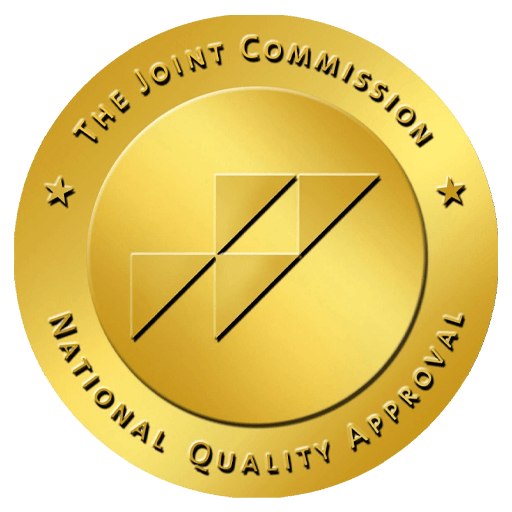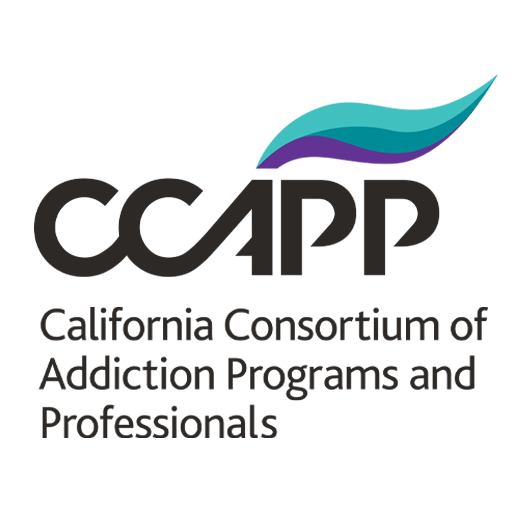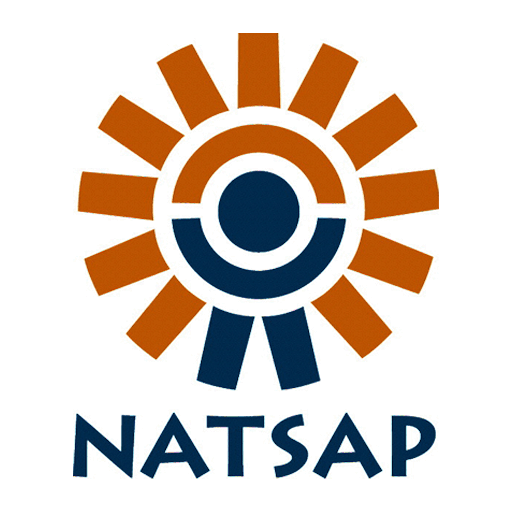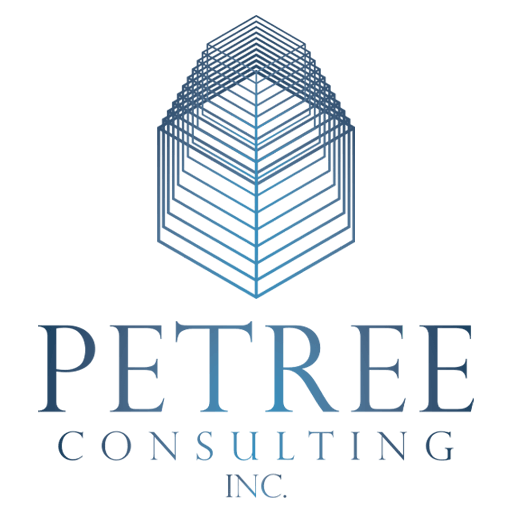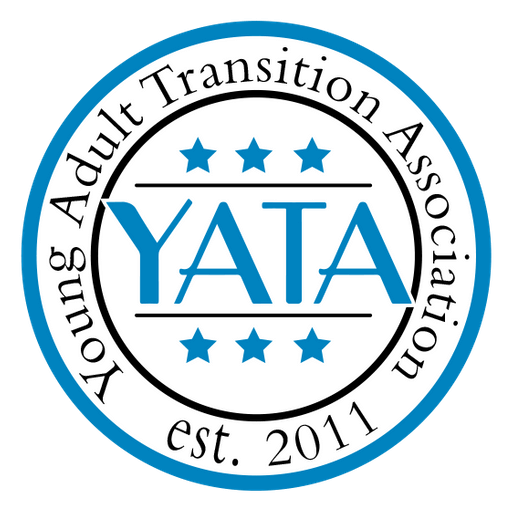Exploring Alcohol Rehab Options in Encino, CA
Encino, CA, thrives with diverse approaches to alcohol rehabilitation, each aiming to offer personalized solutions for individuals seeking recovery. Whether you’re someone approaching rehab for the first time or revisiting after a relapse, knowing your options is crucial.
In Encino, the choice spans from outpatient counseling services that allow patients to maintain work and family responsibilities, to intensive inpatient programs that offer round-the-clock care. This flexibility ensures that treatment can be tailored to fit the unique circumstances of each individual, promoting a more effective path to recovery.
Personal Experiences with Alcohol Rehab in Encino, CA
Having been in the field of addiction recovery for over two decades, I’ve seen how the community’s resources in Encino can transform lives. A former client, John, for instance, found solace in a facility that combined traditional therapeutic techniques with alternative treatments, such as yoga and holistic wellness exercises.
This blend not only addressed his physical dependency but also nurtured his mental health, allowing John to find a new purpose in life beyond alcohol. Personal success stories like John’s may encourage others to seek similar programs, knowing that success is possible and the journey can be empowering.
Encino’s rehab centers often emphasize a community-based approach, drawing on support from family and peers, which adds another layer of comfort and accountability for those in recovery.
Why Choose Alcohol Rehab in Encino, CA?
Encino’s appeal for alcohol rehab lies in its distinctive ambiance, which blends urban amenities with serene enclaves. This balance can be a metaphor for the healing process itself–finding peace within a world that is often chaotic.
Clinics here offer a broad spectrum of therapies, from cognitive-behavioral therapy (CBT) to emerging methodologies like equine therapy. By integrating these diverse treatments, facilities can cater to a wide array of patient needs, ensuring a holistic and comprehensive approach to rehabilitation.
Apart from therapeutic amenities, the locality itself offers a supportive environment, with many post-treatment recovery groups and alumni networks facilitating a continuous support system beyond initial rehab.
Encino’s reputation for progressive rehabilitation practices makes it a preferred choice for those seeking innovative recovery paths. This reputation is bolstered by its commitment to treating not just the symptoms but the root causes of addiction.
What Should You Know About Alcohol Rehab Encino CA?
Alcohol rehab in Encino, CA, is characterized by its tailored approach, focusing on individualized treatment plans that adapt as the patient progresses. One common question is about the duration of a rehab program. Typically, programs can range from 30 days to 90 days or more, depending on the severity of the addiction and the individual’s personal circumstances.
Understanding the elements of a successful rehab program can guide potential patients. For example, detoxification is often the first step, followed by structured therapeutic sessions. Family involvement is frequently encouraged, playing a significant role in reinforcing the support network.
- Detoxification: Safely managing withdrawal symptoms under medical supervision.
- Therapeutic Sessions: Includes individual and group therapy, customized to patient needs.
- Aftercare Planning: Strategies to prevent relapse, including support group meetings.
Potential patients should also consider the facility’s approach to co-occurring disorders, as addressing underlying mental health issues is crucial for sustained recovery.
Choosing the Right Path in Alcohol Rehab in Encino, CA
Deciding on the most suitable program for alcohol rehab in Encino, CA involves consideration of several factors, including personal circumstances and financial capabilities. Here’s a straightforward approach to making an informed decision:
- Assess Personal Needs: Consider whether outpatient or inpatient care is more suitable. Evaluate if specialized therapies are necessary for co-occurring disorders.
- Research Facilities: Look into accreditation, staff qualifications, and treatment success rates.
- Consult With Professionals: Engage with addiction counselors or healthcare providers to gather insights specific to your condition.
- Evaluate Financial Options: Understand costs involved and explore insurance coverages or payment plans available.
Every journey to recovery is personal and requires patience and commitment. Choosing the right path can significantly influence the outcomes and the overall experience of rehabilitation.
Addressing Common Concerns About Alcohol Rehab in Encino, CA
Entering rehab can be daunting, especially with concerns about privacy, efficacy, and the stigma attached to addiction. In Encino, rehab centers prioritize confidentiality, ensuring that all treatment is handled discreetly and professionally.
Another concern is the potential for relapse. Facilities in Encino tackle this by offering comprehensive aftercare programs that include counseling and peer support. This ongoing assistance is vital in reinforcing sobriety and providing tools to handle triggers effectively.
Lastly, the fear of failure is natural but should not deter anyone from seeking help. Success in alcohol rehab in Encino, CA is not solely the absence of relapse but the development of resilience and a renewed sense of self-worth.


